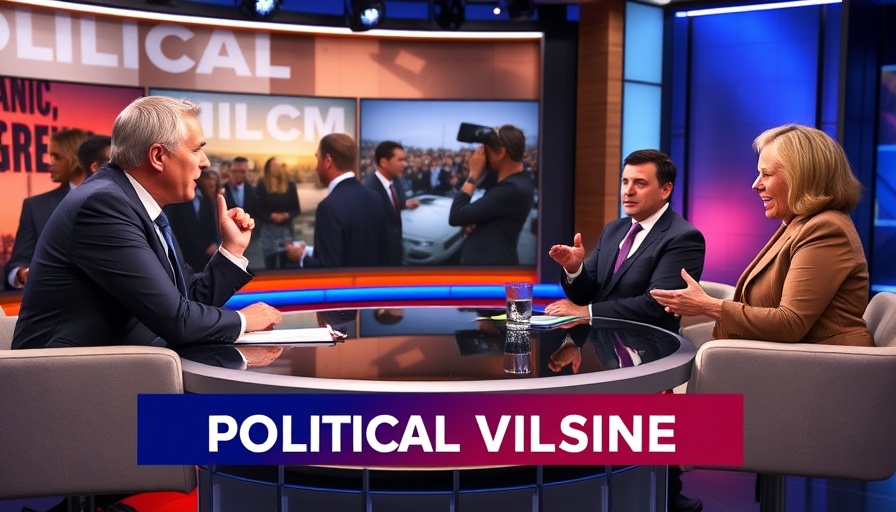
The Escalating Debate on Political Violence
In a recent discussion titled Who is Really Violent, critical assertions were made regarding who actually perpetrates political violence in the United States. The narrative suggests that the majority of such violence is being attributed more to right-wing groups when, in fact, examples of left-wing violence were overlooked. This topic has stirred various perspectives, especially among conservative audiences who are keen to challenge the mainstream portrayal of political violence.
In Who is Really Violent, the discussion dives into the contentious topic of political violence narratives, investigating the discrepancies and their implications for democracy.
Examining the Statistics
A central point of the discussion involves the examination of various studies that report political violence statistics. For instance, it is argued that many incidents, particularly those following events like the 2017 inauguration, are not being counted accurately or omitted from significant discussions. This omission raises questions about the credibility of sources reporting that right-wing violence outnumbers left-wing violence.
Real-Life Impacts: Stories of Violence
One heartbreaking example mentioned is the tragic death of Aaron Danielson, a Trump supporter shot in Portland. Instances like these are said to be excluded from major statistics, misleading the public and obscuring the real dangers posed by factions on both sides of the political spectrum. This trend fosters public mistrust towards institutions that claim to present unbiased information.
Understanding the Narrative Shift
It’s essential to understand shifts in narrative around violence and how these shifts may affect democratic discourse. The video posits that by neglecting certain incidents, the conversation about political violence is being manipulated. An informed electorate is crucial for a healthy democracy, and one could argue that recognizing all forms of violence, regardless of ideological alignment, is necessary for progress.
The Challenge to Democracy
Ultimately, this evolving conversation raises essential questions about freedom, integrity, and the power of narrative. Conservatives and those concerned about the country’s democratic values are encouraged to remain vigilant and to actively engage in a dialogue that encompasses all perspectives of political violence. It is vital for the community to unite under the principle of ensuring a clear understanding of the facts while standing firm in their ideals.
In closing, engaging in conversations like this not only enhances our understanding but strengthens our societal fabric. Whether it’s through discussions around the economy, families, or civil discourse, it’s important to make an effort, as it paves the way for a more robust future. We invite our readers to think critically about the implications of political violence narratives and how these affect our shared values as a nation.
 Add Row
Add Row  Add
Add 




Write A Comment